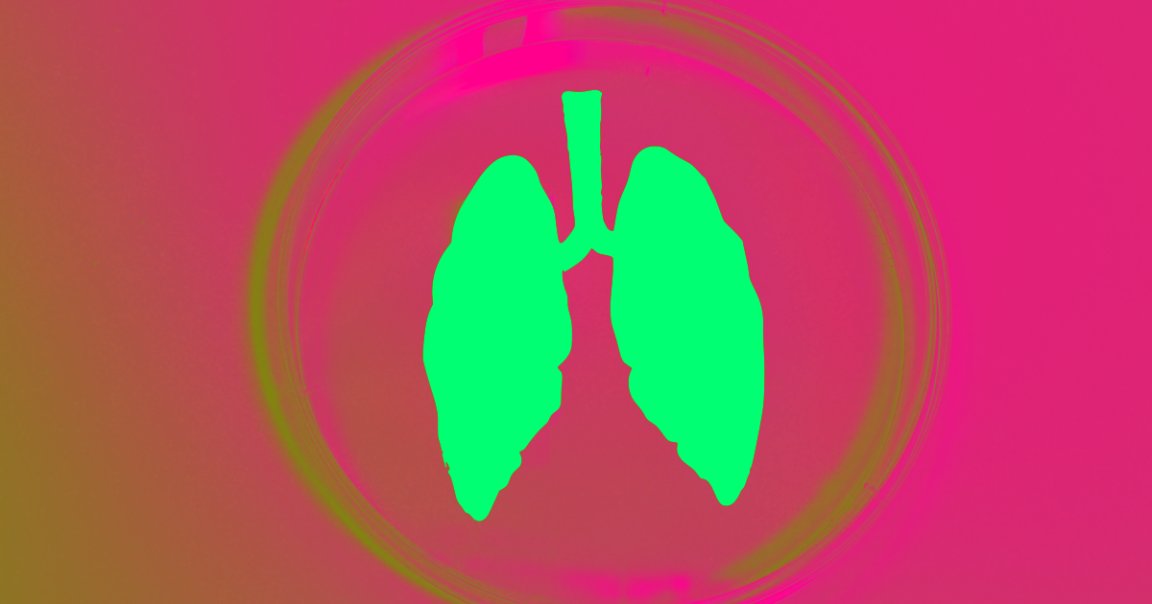
Breathe Again
Up to 80 percent of donated lungs never make it into a recipient — they’re simply too damaged for transplantation.
Now, a team of researchers has found a way to rehabilitate even severely damaged pig lungs to the point that they met transplantation criteria — a technique that, if applied to humans, could dramatically increase the number of people who receive life-saving organ transplants.
Pig (Lung) Out
In a study published Tuesday in the journal Nature Communications, researchers from Columbia University and Vanderbilt University describe how they built a cross-circulation system that could pump blood from an organ recipient into a donated lung, keeping the lung alive outside the body while doctors repair its damage.
To demonstrate the technique, they removed pig lungs, damaged them, and then kept the organs alive and breathing outside the animals’ bodies for 36 hours. This was far longer than the six to eight hours doctors have available to them today — and it gave the researchers enough time to repair the lungs so they met transplantation criteria.
Transplantation Nation
Not only could the technique increase the number of usable donor lungs, the researchers believe it could also be used to repair damage to other organs.
“We envision that interventional cross-circulation may be used to investigate regeneration of other damaged organs, such as hearts, kidneys, and livers,” researcher Matthew Bacchetta said in a press release, “expanding donor pools by salvaging severely damaged organs and leading to more organ transplants.”
READ MORE: New Approach Shows Regeneration of Severely Damaged Lungs [Columbia University]
More on lungs: New Video Shows 3D Printed Lung “Breathing”